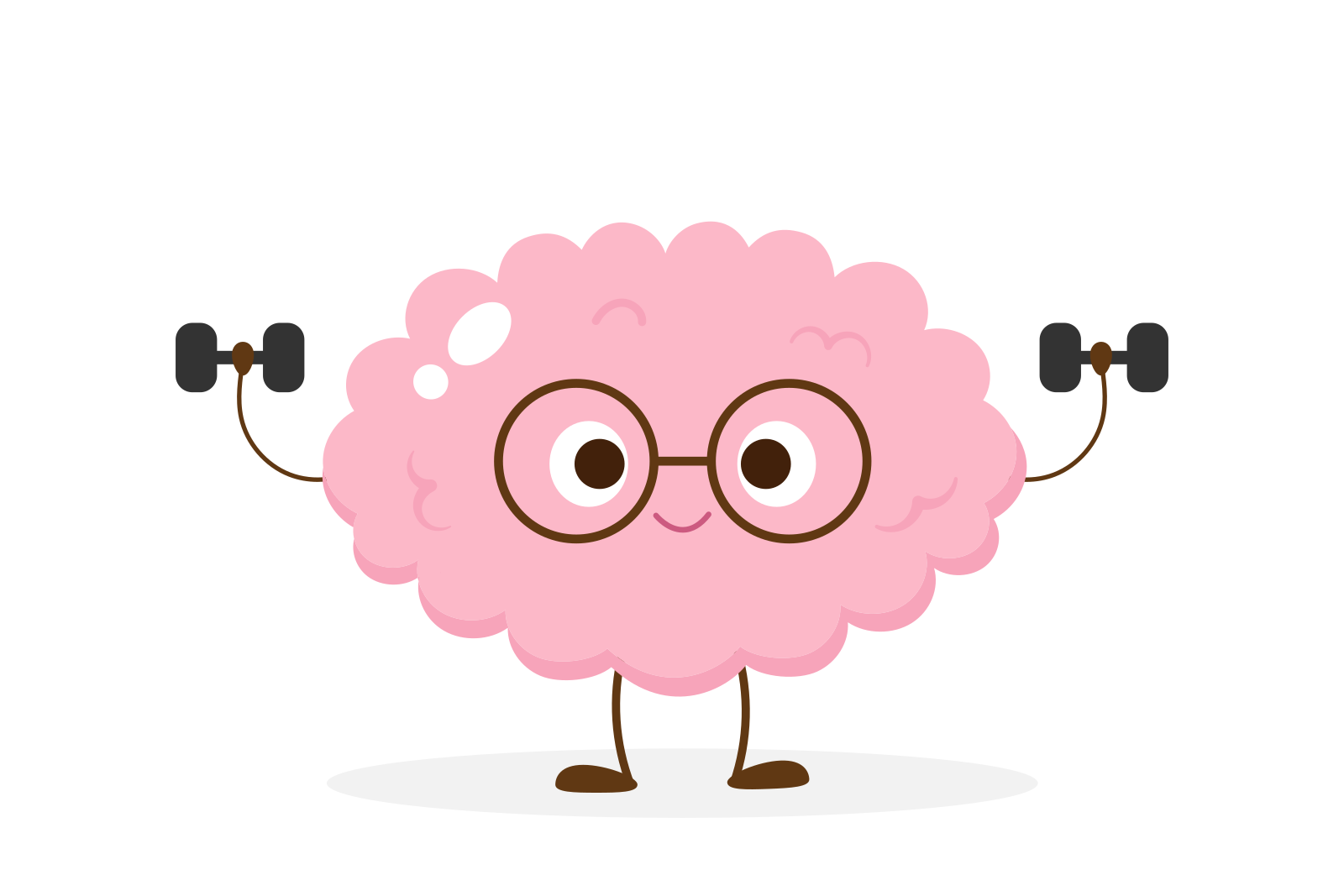
Psychological fitness expert Lucy Bailey explains why we need to work on this vital skill
Expressing openly how we feel, what affects our wellbeing, and how to support each other has never been more important. Psychological fitness holds the key to truly thriving. So, what is psychological fitness? How’s it different from mental health? And why does it matter to all of us?
First, Let’s Talk About Mental Health
Mental health is our emotional and psychological state: how we feel, how we cope, how we relate to others. Like physical health, it exists on a spectrum, from thriving to struggling, and can fluctuate based on life events, trauma, stress, and biological factors. Often, conversations around mental health focus on the problem, what needs to be fixed, anxiety, depression, stress. That’s vital work. But it’s only part of the picture.
Psychological fitness is something to learn and to practise.
Now Enter: Psychological Fitness
Psychological fitness is the brain version of physical fitness. You don’t go to the gym when you have broken your ankle; you go to build physical strength, flexibility, and resilience. It’s the same with our mind. It needs nurturing and regular looking after. Psychological fitness is the combination of mental resilience and emotional wellbeing; it’s the proactive development of mindset and skills that help people thrive, even in challenging and uncertain times. Psychological fitness is something to learn and to practise.
Let’s Break It Down
Mental resilience is having the ability to:
- Think flexibly and be adaptable to different situations.
- Connect and communicate with others and reach out for support when needed.
- Learn from setbacks, uncertainty, and failures.
- Keep things in perspective and not catastrophise.
- Have self-confidence that is grounded in reality.
Emotional wellbeing is having the ability to:
- Understand, regulate, and express emotions.
- Control and understand impulses to act unhelpfully.
- Have empathy and compassion for self and others.
- Take action to recover and replenish energy.
Why Psychological Fitness Matters in the 21st Century
Our world has changed like never before. Health, economy, social structures, global pandemics, political turmoil, war-torn nations fighting violent conflict and economic instability. The pace and scale of technological change and our ability to absorb and define our worlds is more complex than ever before. It’s a lot to navigate. Psychological fitness directly impacts outcomes across society, on jobs, education, community, relationships, quality of life, and life satisfaction. The beliefs we hold about our ability are at the heart of whether we can give ourselves the best chance of success.
Focusing on mental health support once a crisis occurs is like teaching someone to swim after they have fallen in the water. Psychological fitness is about being equipped with the tools needed before hitting the deep water. Each person needs psychological skills, knowledge, and strategies that they trust will help them in the situations they face so they feel effective and able in their everyday life. This is vital on a personal level and for supporting others. Finding ways to support the development of psychological fitness is like going to a brain gym. Be alert to noticing them and how they are being applied. Praising and encouraging their growth in ourselves and in others is time well invested.
Open Communication
Keeping lines of communication open with those around us is vital for our psychological fitness. Show others that you care, that you are listening, and that you value them. Start here:
- Be interested in what brings them joy.
- Be in the moment with them and truly listen. Put down whatever else you are doing and give them your full attention.
- Avoid early jump-ins when they are talking. Let them tell their story.
- Be genuine and authentic. It’s fine to say, “I don’t really understand the fun in that, but I love that it brings you joy; tell me about it.”
- Ask questions to understand before offering advice.
- Ask about things that matter to them. Give them chances to relive the things that matter most to them.
If you have concerns about your mental health, please seek advice from your GP, primary care physician, or another qualified healthcare professional.













